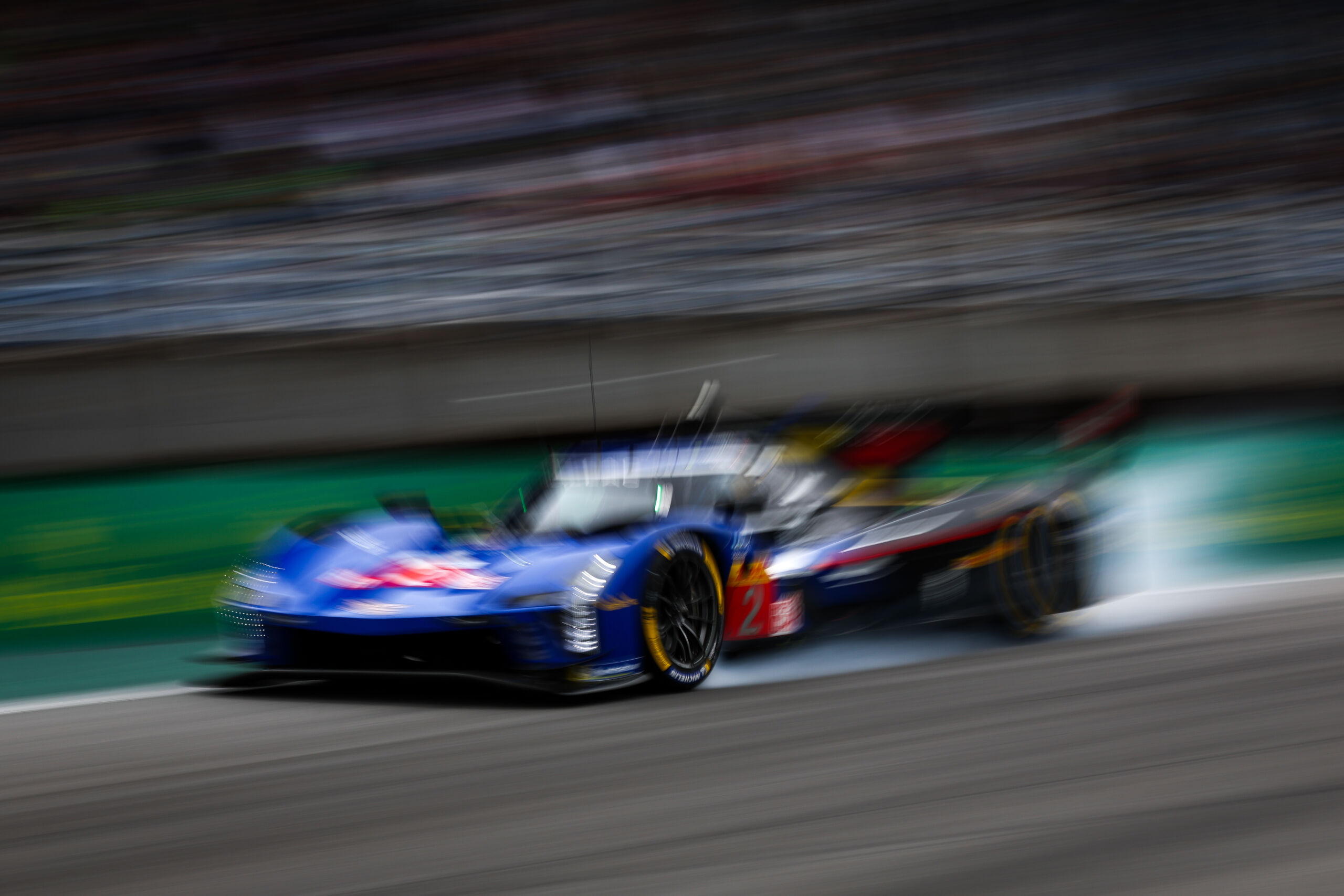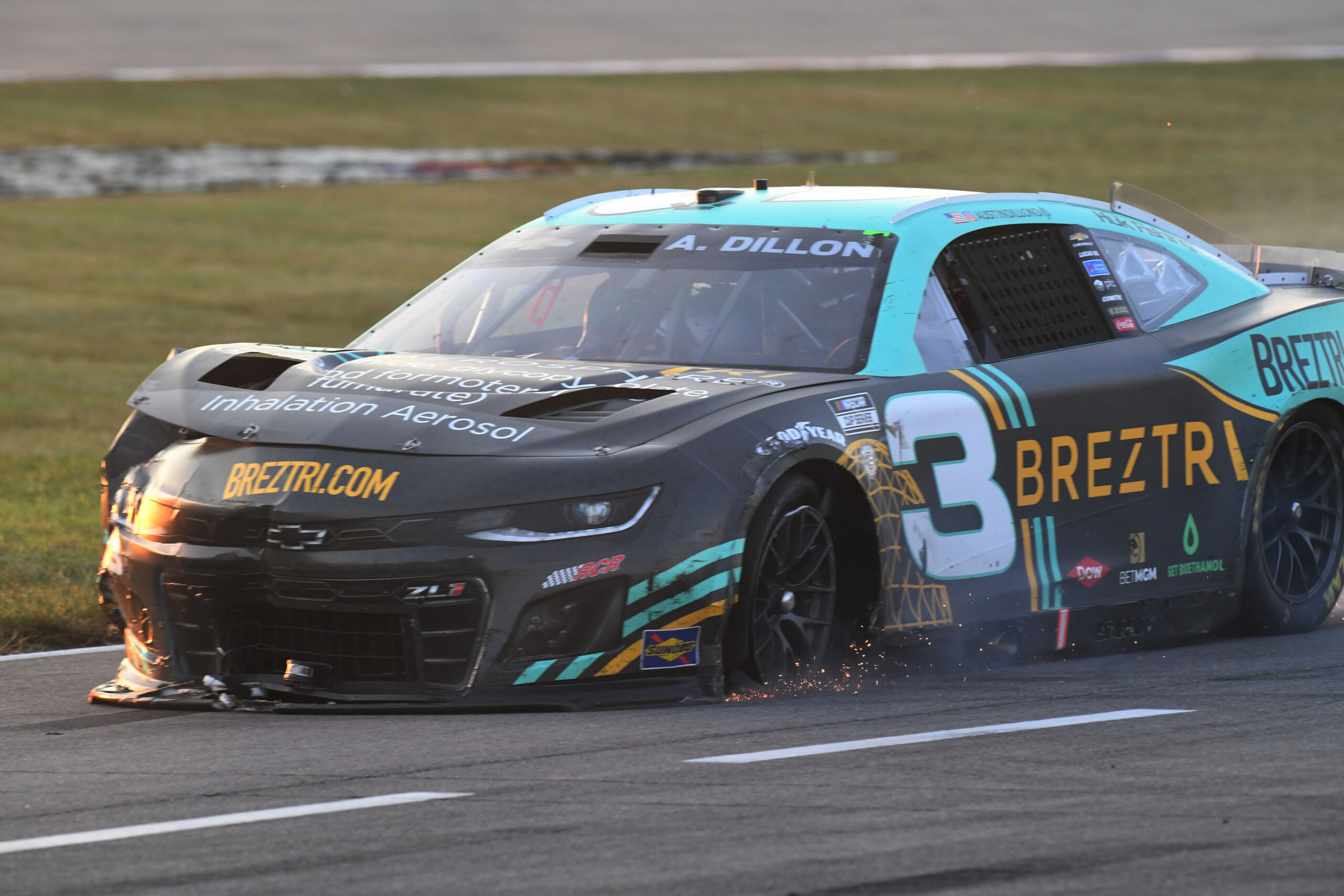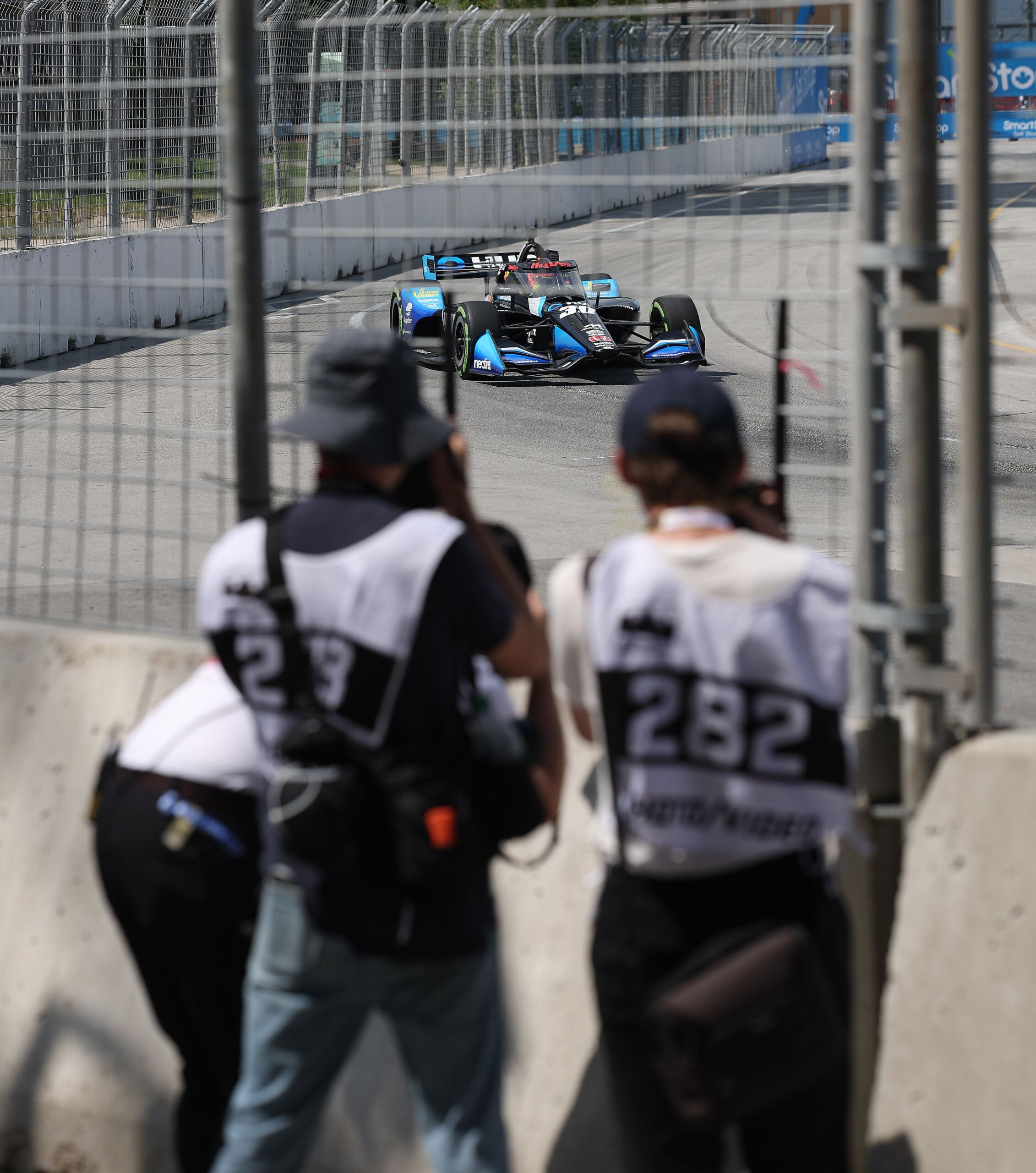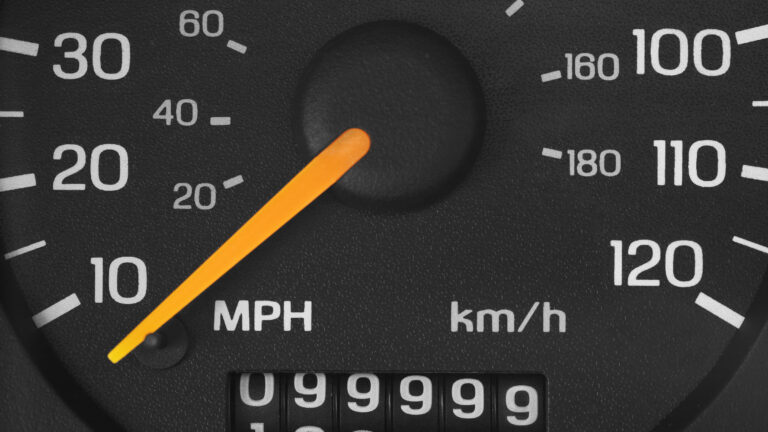It is hard to escape the feeling that a few too many businesses are jumping on the AI hype train because it's hype-y, rather than because AI offers an underlying benefit to their operation. So I will admit to a little inherent skepticism, and perhaps a touch of morbid curiosity, when General Motors got in touch wanting to show off some of the new AI/machine learning tools it has been using to win more races in NASCAR, sportscar racing, and IndyCar. As it turns out, that skepticism was misplaced.
GM has fingers in a lot of motorsport pies, but there are four top-level programs it really, really cares about. Number one for an American automaker is NASCAR—still the king of motorsport here—where Chevrolet supplies engines to six Cup teams. IndyCar, which could once boast of being America's favorite racing, is home to another six Chevy-powered teams. And then there's sportscar racing; right now, Cadillac is competing in IMSA's GTP class and the World Endurance Championship's Hypercar class, plus a factory Corvette Racing effort in IMSA.
"In all the series we race we either have key partners or specific teams that run our cars. And part of the technical support that they get from us are the capabilities of my team," said Jonathan Bolenbaugh, motorsports analytics leader at GM, based at GM's Charlotte Technical Center in North Carolina.
Unlike generative AI that's being developed to displace humans from creative activities, GM sees the role of AI and ML as supporting human subject-matter experts so they can make the cars go faster. And it's using these tools in a variety of applications.
Each team in each of those various series (obviously) has people on the ground at each race, and invariably more engineers and strategists helping them from Indianapolis, Charlotte, or wherever it is that the particular race team has its home base. But they'll also be tied in with a team from GM Motorsport, working from one of a number of command centers at its Charlotte Technical Center.





 Loading comments...
Loading comments...
